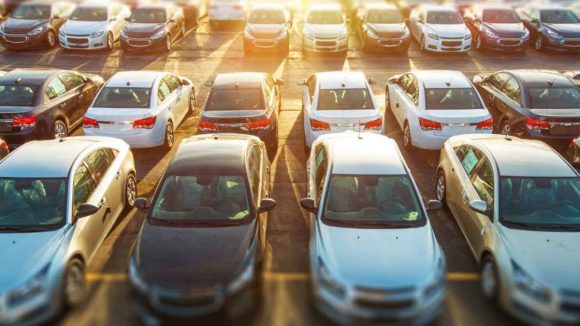There are concerns about the impact that the latest developments regarding imported electronic vehicles (EVs) from China would have on sustainability efforts in the transport sector.
The European Commission has released plans to impose duties of up to 38.1% on electric vehicles imported from China. Beijing is, however, threatening to file a lawsuit against EU duties on EV imports at the World Trade Organization.
Could this prompt Chinese EV makers to set up European production facilities to avoid the steep price hike?
Locate2u looks at the bigger picture and considers what this could mean for small businesses and sustainability efforts.
Impact on sustainability efforts
If the World Trade Organization confirms that the extra duties imposed by the European Commission are fair, it could mean that it would suddenly cost more to have sustainable alternatives like EV fleets in a business.
Companies could also shift overnight toward local production instead of importing more affordable EVs from China, which could significantly slow down the transition to EVs.
In the short term, higher duty costs could slow down the transition to EVs and other sustainable practices in small businesses. Over the long term, however, they would push European companies to produce locally and boost innovation, leading to more robust, sustainable business practices.
Positive and negative implications
Here are some of the concerns raising eyebrows, but also positive initiatives this could set off.
- Price impact: Additional tariffs will increase the Chinese EV price tag. For now, it’s more affordable than European options. Startups with limited budgets may find it harder to invest in sustainable initiatives with EV fleets.
- Local production: These tariff hikes could force Chinese EV makers to have their own production plants in Europe to avoid tariffs. However, there are warnings that businesses might have to adjust their supply chains to source EVs and components locally.
- Innovation: Could European EV manufacturers benefit from reduced competition from lower-cost Chinese imports? It might lead to more innovation and cost-effective alternatives.
Big change in trade policy
Lessons have been learned when the solar energy industry was booming, with an influx of Chinese imports more than a decade ago.
European policymakers hope to avoid a similar problem, which occurred when the EU failed to take adequate steps to curb Chinese imports, resulting in the closure of European manufacturers.
NOW READ: Tesla in China: Robo-taxi plans and data security compliance
About the author
Mia is a multi-award-winning journalist. She has more than 14 years of experience in mainstream media. She's covered many historic moments that happened in Africa and internationally. She has a strong focus on human interest stories, to bring her readers and viewers closer to the topics at hand.











